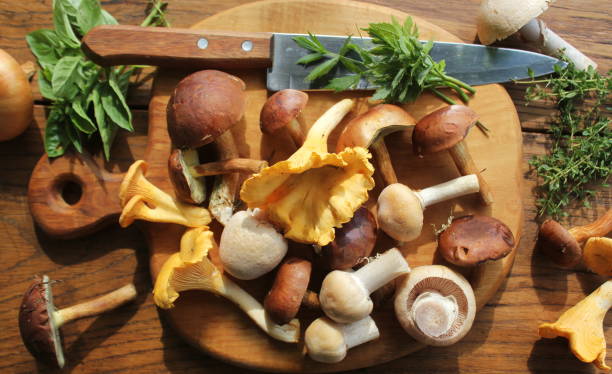You can eat white cabbage raw, but you need good digestion. Here we show you how to prepare coleslaw and other dishes with raw white cabbage that are as stomach-friendly as possible.
White cabbage is known to be rather difficult to digest. For many people, it triggers flatulence, abdominal pain or other complaints after consumption. This is especially true if you eat white cabbage raw instead of boiling, frying, or scalloping it first.
The main reason raw cabbage is such a digestive challenge is its high fiber content. Fiber is healthy and important for a balanced diet. However, when they are broken down in the colon, they also release gases that can cause gas and bloating, especially if you eat large amounts of high-fiber foods.
Many cabbage dishes are prepared warm anyway – but uncooked cabbage can also be served in classic coleslaw or as part of mixed salads. If you are sensitive to eating white cabbage raw, you still don’t have to do without it entirely: With the right spices and a few other tricks, you can make the cabbage easier to digest.
Eat white cabbage raw: These spices help with digestion

Caraway is particularly well-known as a digestive spice in German cuisine. Cumin tea is a common home remedy for bloating and stomach upset. In hearty dishes, whole or ground cumin not only serves the taste, but also makes it easier to digest. Its hearty aroma generally goes well with white cabbage, but is not necessarily something for everyone. In this case, other spices can also have a function comparable to that of caraway, for example:
coriander
cumin
cardamom
anise
fennel seeds
Ginger
Not all of these spices are suitable for all white cabbage dishes. Many of these, like coriander or ginger, go particularly well with an Asian-inspired coleslaw. Most of the spices mentioned have a fairly strong taste of their own. It’s best to use them sparingly at first and taste the cabbage from time to time to make sure you don’t over-season it.
Tip: If you don’t want to use the spices directly in the food, a caraway or fennel tea with the meal can also help you digest the raw white cabbage better.
Eating white cabbage raw: More tips against digestive problems

Basically, the more raw white cabbage you eat and the coarser it is cut, the greater the risk of digestive problems. Therefore, if you are generally sensitive to cabbage, you should stick to smaller portions and eat slowly. That way you don’t overwhelm your digestive system and you can slowly get used to it. When preparing your own coleslaw, it is best to make sure that you cut the cabbage into strips that are as thin as possible. Alternatively, you can also grate it.
You can also try freezing the cabbage before preparing it. Once frozen cabbage is said to be better tolerated and cause less flatulence.
Another option is to blanch the cabbage before processing it into coleslaw, for example. So you don’t have to eat the white cabbage raw, but it still remains al dente and doesn’t collapse. At the same time, blanching makes it easier to digest.




